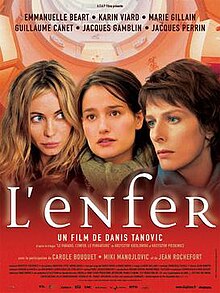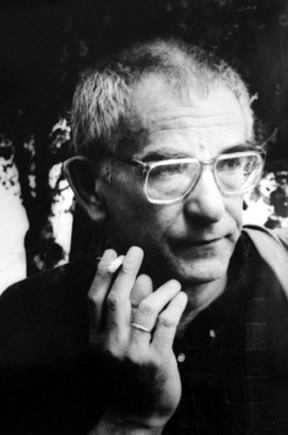
Krzysztof Kieślowski was a Polish film director and screenwriter. He is known internationally for Dekalog (1989), The Double Life of Veronique (1991), and the Three Colours trilogy (1993 –1994). Kieślowski received numerous awards during his career, including the Cannes Film Festival Jury Prize (1988), FIPRESCI Prize, and Prize of the Ecumenical Jury (1991); the Venice Film Festival FIPRESCI Prize (1989), Golden Lion (1993), and OCIC Award (1993); and the Berlin International Film Festival Silver Bear (1994). In 1995, he received Academy Award nominations for Best Director and Best Original Screenplay.
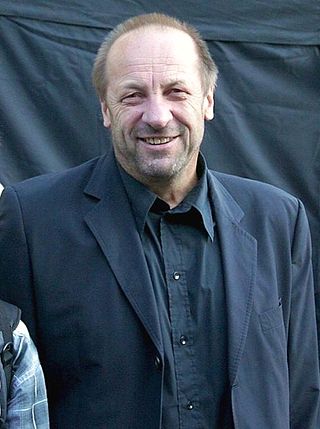
Zbigniew Preisner is a Polish film score composer, best known for his work with film director Krzysztof Kieślowski. He is the recipient of the Gold Medal for Merit to Culture – Gloria Artis as well as the Knight's Cross of the Order of Polonia Restituta. He is a member of the French Film Academy.
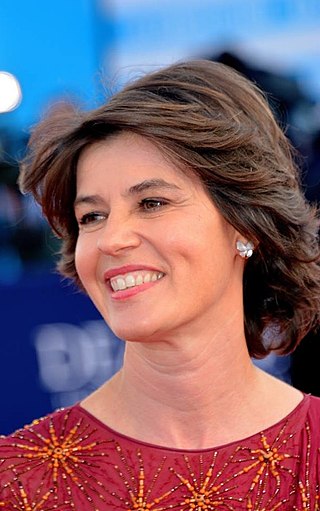
Irène Marie Jacob is a French-Swiss actress known for her work with Polish film director Krzysztof Kieślowski. She won the 1991 Cannes Film Festival Award for Best Actress for the Kieślowski film The Double Life of Veronique, and was nominated for the BAFTA Award for Best Actress in a Leading Role for her 1994 film Three Colours: Red. Her other film appearances include The Secret Garden (1993), Beyond the Clouds (1995), U.S. Marshals (1998), and Eternity (2016).
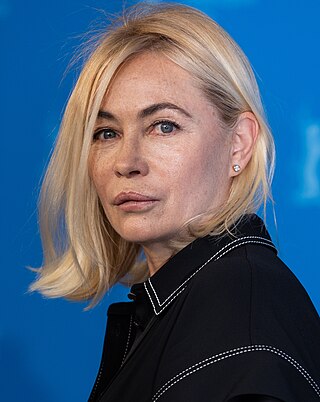
Emmanuelle Béart is a French film and television actress, who has appeared in over 60 film and television productions since 1972. An eight-time César Award nominee, she won the César Award for Best Supporting Actress for the 1986 film Manon des Sources. Her other film roles include La Belle Noiseuse (1991), A Heart in Winter (1992), Nelly and Mr. Arnaud (1995), Mission: Impossible (1996) and 8 Women (2002).

Krzysztof Marek Piesiewicz is a Polish lawyer, screenwriter, and politician. From 1991 to 1993 and from 1997 to 2011 he was a member of Polish Senate. He was the head of the Social Movement (RS) or Social Movement Party.
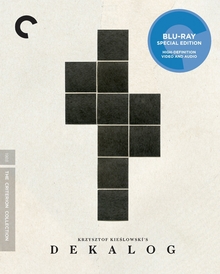
Dekalog is a 1989 Polish drama television miniseries directed by Krzysztof Kieślowski and co-written by Kieślowski with Krzysztof Piesiewicz, with music by Zbigniew Preisner. It consists of ten one-hour films, inspired by the decalogue of the Ten Commandments. Each installment explores characters facing one or several moral or ethical dilemmas as they reside in an austere housing project in 1980s Poland.

The Deauville American Film Festival is a yearly film festival devoted to American cinema, which has taken place since 1975 in Deauville, France.

Danis Tanović is a Bosnian film director and screenwriter. He is the recipient of numerous accolades, including an Academy Award and a Golden Globe Award, as well as nominations for the Golden Bear and the Palme d'Or.

The César Award for Best Actress is one of the César Awards, presented annually by the Académie des Arts et Techniques du Cinéma to recognize the outstanding performance in a leading role of an actress who has worked within the French film industry during the year preceding the ceremony. Nominees and winner are selected via a run-off voting by all the members of the Académie.

Manon des sources is a 1986 French language period film directed by Claude Berri, as the second part of a diptych with Jean de Florette, released the same year.

Marie GillainO.M.W. is a Belgian actress.
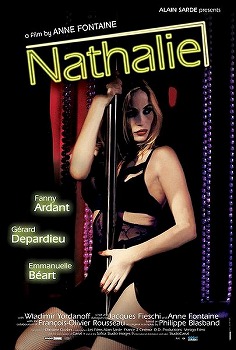
Nathalie... is a 2003 French drama film directed by Anne Fontaine, and starring Fanny Ardant, Emmanuelle Béart, and Gérard Depardieu. The screenplay concerns a woman who discovers that her husband is cheating on her.
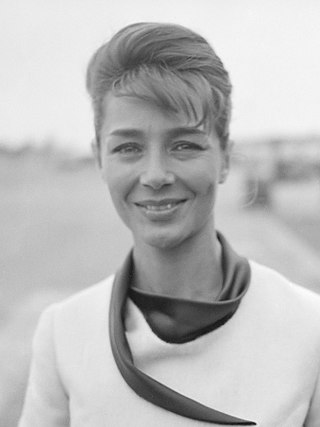
Emmanuelle Riva was a French actress, best known for her roles in the films Hiroshima mon amour (1959) and Amour (2012).

Isild Le Besco is a French actress and filmmaker. She is of French and Algerian descent on her mother's side, and Vietnamese and Breton on her father's.

Régis Wargnier is a French film director, film producer, screenwriter and film score composer. His 1992 film Indochine won the Academy Award for Best Foreign Language Film at the 65th Academy Awards. His 1995 A French Woman was entered into the 19th Moscow International Film Festival where he won the Silver St. George for the Direction.
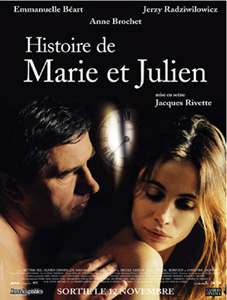
The Story of Marie and Julien is a 2003 drama film directed by Nouvelle Vague film maker Jacques Rivette. The film slowly develops from a drama about blackmail into a dark, yet tender, supernatural love story between Marie and Julien, played by Emmanuelle Béart and Jerzy Radziwiłowicz. Anne Brochet plays the blackmailed Madame X. Béart had previously worked with Rivette in La Belle Noiseuse, as had Radziwiłowicz in Secret Defense. The film was shot by William Lubtchansky, and edited by Nicole Lubtchansky, both frequent collaborators of Rivette's.

Hell, titled Torment in the USA, is a 1994 French drama film directed by Claude Chabrol. It was adapted by Chabrol from the screenplay by Henri-Georges Clouzot for the unfinished film L'Enfer, which Clouzot began shooting in 1964 but was unable to complete. The producer of Chabrol's film was Marin Karmitz and the leading actors were Emmanuelle Béart and François Cluzet.

Maryam d'Abo is a British actress, best known as Bond girl Kara Milovy in the 1987 James Bond film The Living Daylights.

All Our Desires is a 2011 French drama film directed by Philippe Lioret. Marie Gillain was nominated for the Magritte Award for Best Actress for her role. The screenplay was adapted loosely from the 2009 French non-fiction book Other Lives But Mine.
